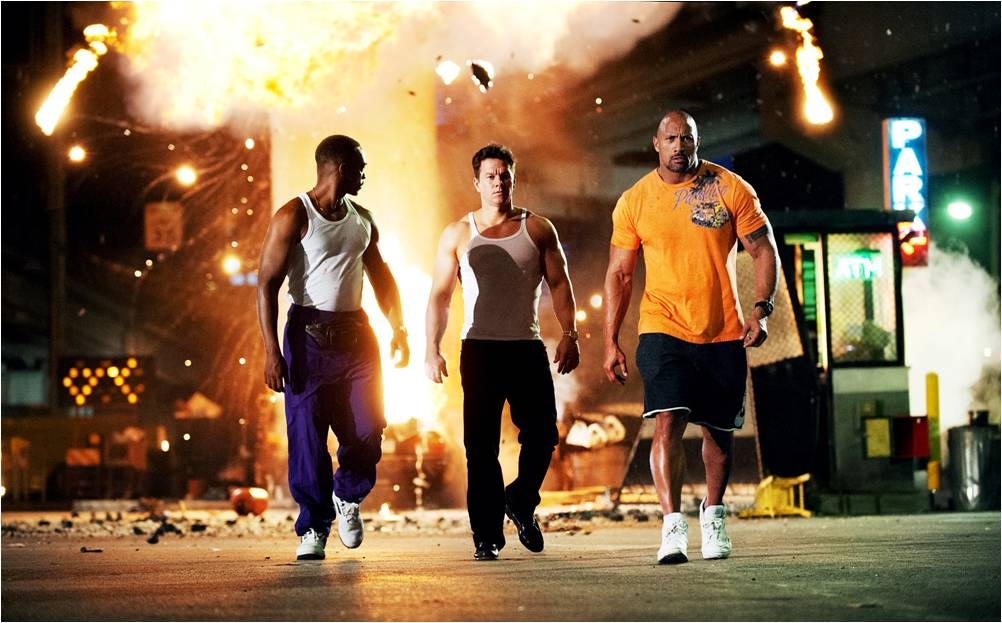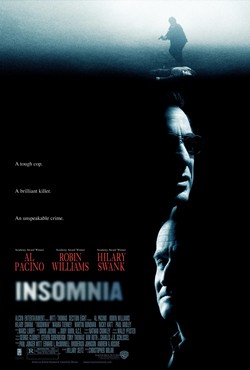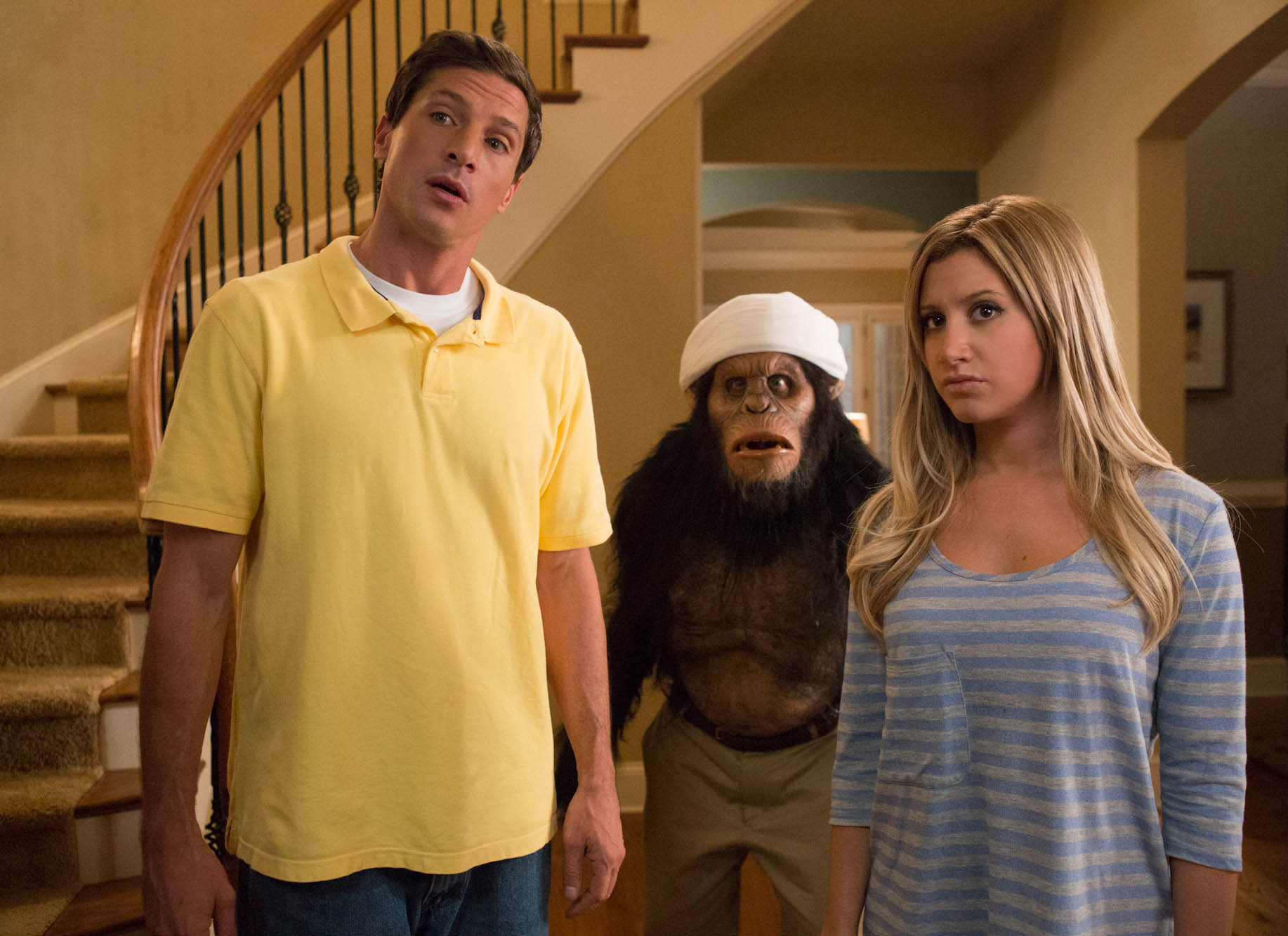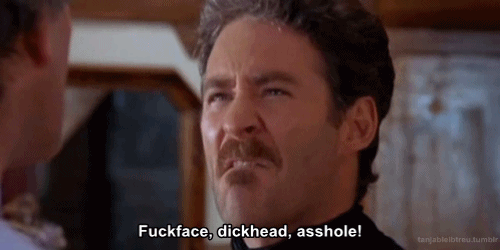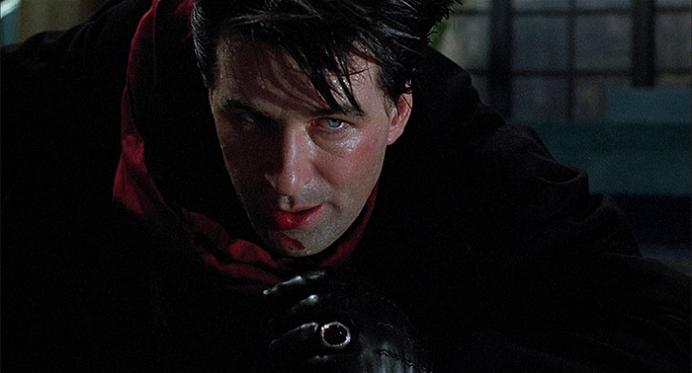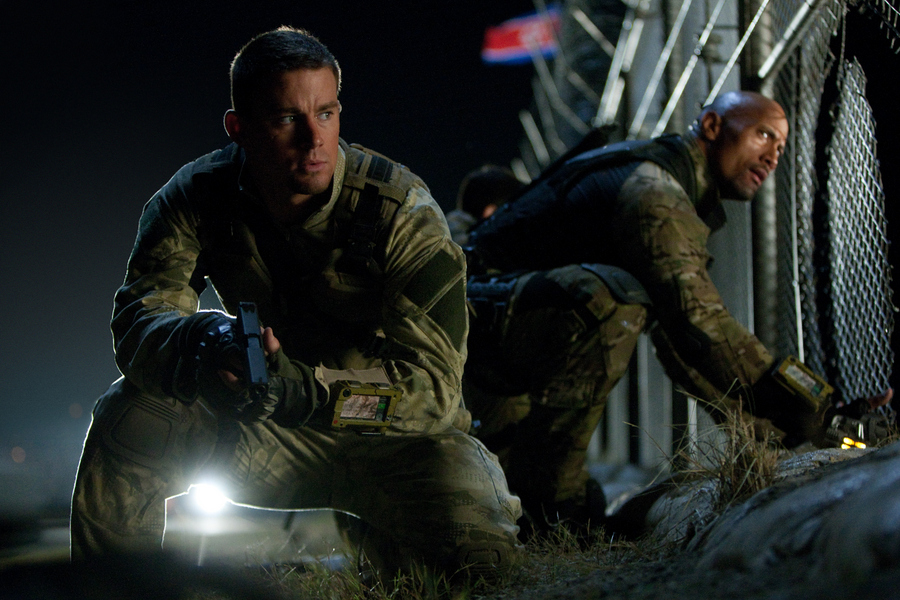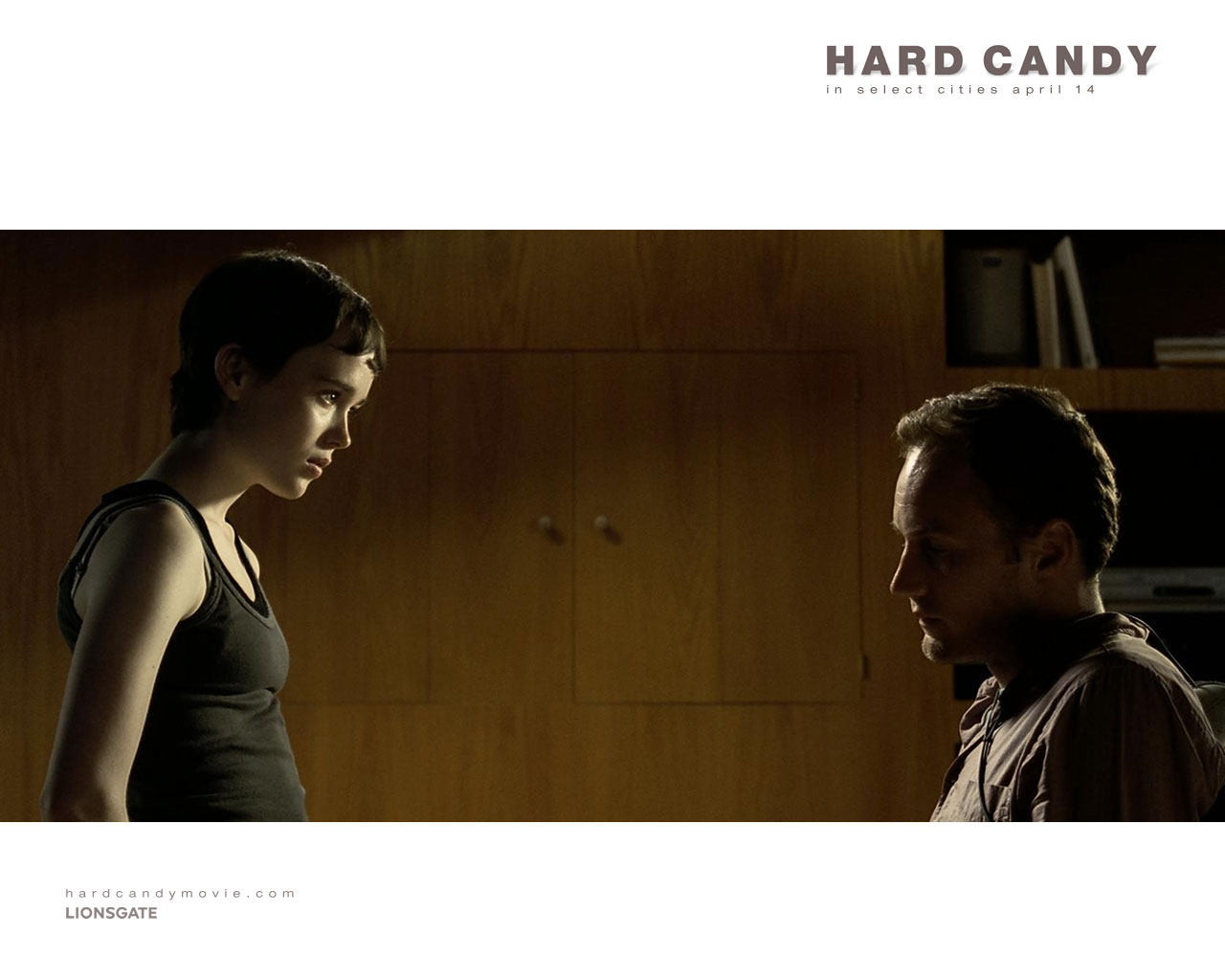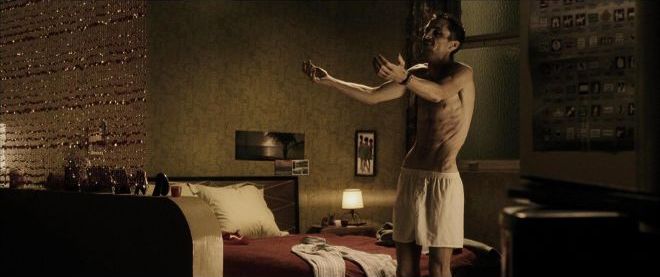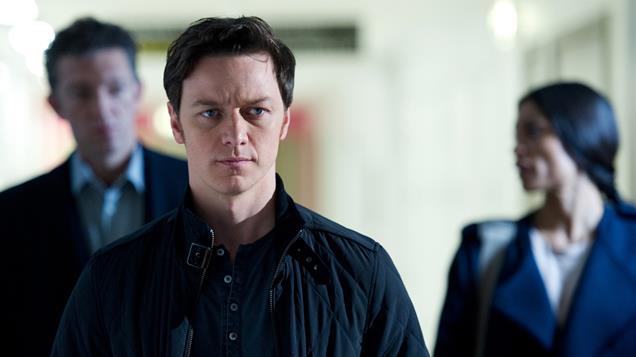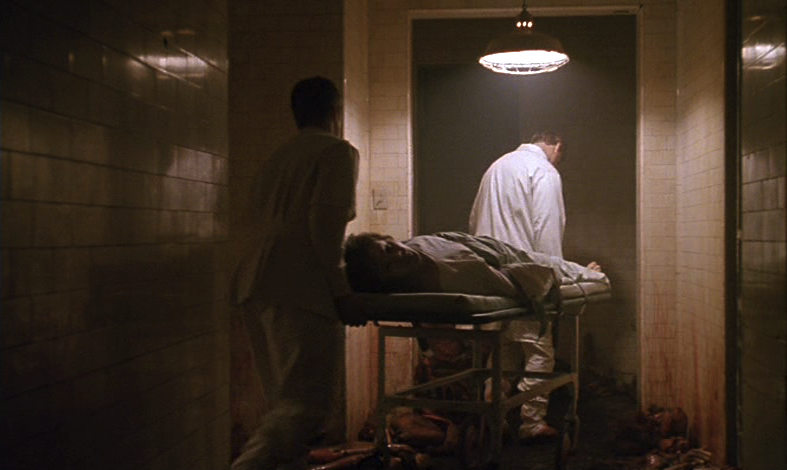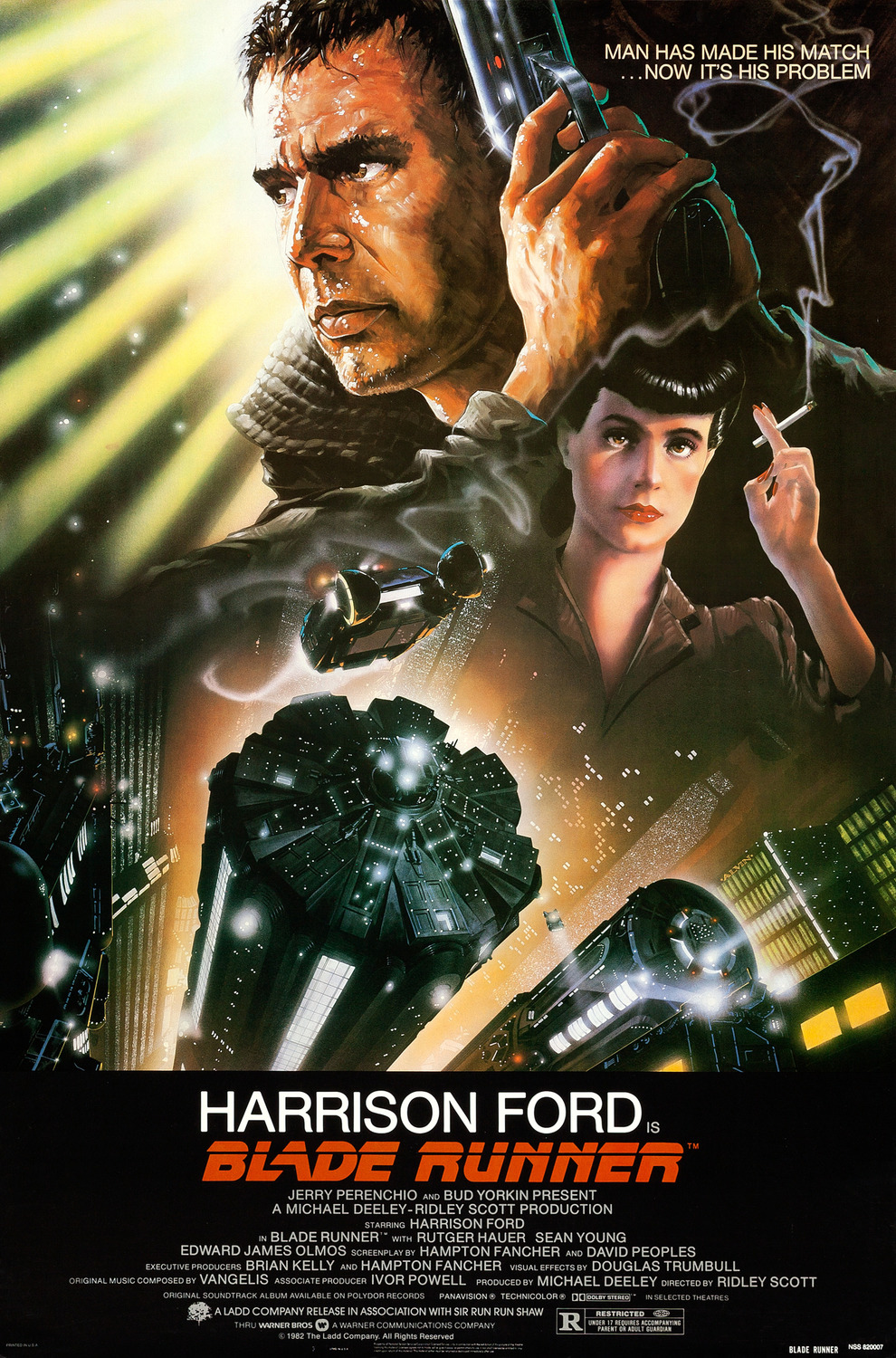So these are rudimentary, and probably very basic and perhaps obvious things I thought of the day after seeing the movie.
1. Contrast the destruction of New York to that of Snyders "Watchmen".
In "Watchmen", as the destruction of New York happens near the end of the film, the movie manages to instill emotion to that event (despite there being no major characters in New York that I know of when it gets destroyed).
First we see the psychiatrist on a NY street, dropping his Rorschach cards from his briefcase as things go down. His character has a few minutes of screentime, and while he has no save the cat moment, his character is presented as fairly honest and wanting to do the right thing. We know he is going to die.
Also we see the news paper vendor and the teenager as they hug just before they are vaporized and killed. These characters have even had a small arc through the film, perhaps even more so in the ultimate cut (not sure), where we see the kid reading the comic by the news paper stand, first being shooed off by the vendor, but their relationship gets less frosty and they even get to know each others names, which happens to be the same. The vendor gives the comic to the kid no charge, and you can sense that they suddenly found a deeper connection with another person. As they die you really feel like you loose characters who could have gone on to be important in each others lives.
In Man Of Steel, 1000s of faceless people die, and at one point a minor character is temporarily stuck until Fishburne and another guy frees them.
In Watchmen, everyone involved, including the guy responsible, become deeply emotionally involved, to the point of desperation, with the people that are about to die. Some arguing that killing them is wrong no matter what, the bad guy arguing that killing a few to save many is morally good. Ozymandias even states, seemingly completely honestly, that he made himself feel every man, woman and child he killed. They fight each other bloody over this, they desperately need their point of view to become reality. They are extremely emotionally accessible.
In Man Of Steel, no one seems to give a shit. Superman at one point becomes slightly emotionally engaging as he fight to protect his mother, but that lasts for a few seconds. At one point Superman saves a soldier (and then seemingly completely forgets where he is and what is going on as he heavyhandedly asks the soldier, in a somber tone, if he "is OK", whilst other people are presumably still dying around him). He also willingly fights agent Smith/Zod through the buildings instead of drawing him away. Seriously, they just needed an honest moment where Superman acknowledges that people are dying and where he draws away the fight from the people to safer areas (I guess then there would be no CGI buildings to fight through though, which is the only purpose to this entire scene).
The contrast in approach to civilian deaths between Watchmen and MoS is quite dramatic, and shows that MoS had NO thought put into this aspect, presumably they were busy deciding which buildings to destroy in what way.
If noone in the film cares about mass casualties, I don't either. Well, for starters, it's a movie, nothing is real, noone is in peril. But if a character in the film cares, and I have come to emotionally care about them, THEN I also care about what they care about. Just having buildings presumably filled with people destroyed in no way works dramatically. If you overdo it and dilute it as much as in this film, it becomes parody.
2. Emotional connection to Superman.
The filmmakers make little to no efforts to actually contrast Supermans dual identities. They miss almost every opportunity to contrast different characters against each other or form triangles of characters. Instead opting for isolated one-on-one scenes.
2a. Supermans connection with his father figures.
An idea. In the film, Superman sees his human father die in the tornado. Superman also hears Zod tell him that Zod killed Jor-El. This fact has no emotional impact in the film. Why? Because in the film, Superman and Jor-El share one scene, which also is almost purely expository (save for the "Moment in the sun" and similar lines).
What they should have done is establish an emotional bond between Superman and the "memory" of Jor-El. The dialogue should have established a deep disappointment from both of them that they would never be able to meet, to hug each other as father and son. Clark at this point has lost his human father, and now also has found out that he can never even get to know his real father. The sense of loss should be palpable. Clark should spend a longer time with Jor-El in the ice, learning and bonding with his father.
Because ->
Later, on Zods ship, Clark should actually witness how Zod erases the memory of Jor-El forever, killing the last trace of someone he never had a chance to meet, and Clark powerless to stop it, only being able to share a few last words with Jor-El.
(in the film, only Jor-El and Zod talk, and Jor-El is essentially erased forever in a scene where Superman isn't even present, and most likely never finds out it even happened).
After Clark loosing his father essentially for the second time, we now have a very easily accessible emotional bond with Clark, and we can see that Zod is evil (his motivation to killing Jor-El doesn't have to be "EEEEEVIL!", but seeing Clarks loss and knowing Zod intentionally caused that would be enough.
This leads to ->
At the end, instead of 4 again anonymous civilians being close to succumbing to Zods eye lasers, it should OF COURSE either be Clarks mother or Lois at risk. The extreme emotion of nearly loosing another loved one to Zod would be motivation enough to kill Zod, especially since Clark in the movie gives him both 1 and 2 opportunities to stop at the last second.
The story should absolutely have the end focus down to main characters engaged with one another, not like the movie having 4 random people in peril, which does NOTHING emotionally after we've seen, and not cared about, 1000s already in that situation.














